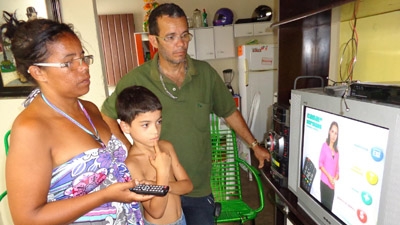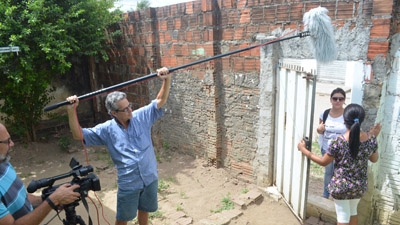Challenge
Brazil is currently going through a series of technological transformations and has embarked on a process of transitioning from an analog TV system to a digital one. The new Brazilian system should be completely installed by 2016, when the analog switch-off will take place. This represents a challenge to public TV broadcasters in Brazil, because it involves a significant amount of resources and changes in the way TV and radio content is distributed.
At the same time, television remains the main gateway to information and entertainment in Brazil and most emerging and developing countries. For this reason, a well-designed system of interactive digital television can become an effective tool to promote citizenship values and bring information to the most disadvantaged groups in society.
Solution
This grant aimed at assisting Brazil’s Public Broadcasting Network Operator (EBC) to carry out an integrated study on the socio-economic impact of the implementation of the National Digital Public Broadcasting Network Operator (NDPBNO). This is an open, unified digital platform for transmission and broadcasting that can be shared by different public operators, thus reducing costs.
The study assessed the effectiveness of interactive digital TV to promote citizenship values and bring information and access to services to the most vulnerable groups. To this end, it used the experience gained from a pilot focusing on some 100 families from disadvantageous backgrounds. The report informs, quantifies and describes possible changes in order to implement the NDPBNO project at a national level. It also showcases how the digital divide can be bridged.

